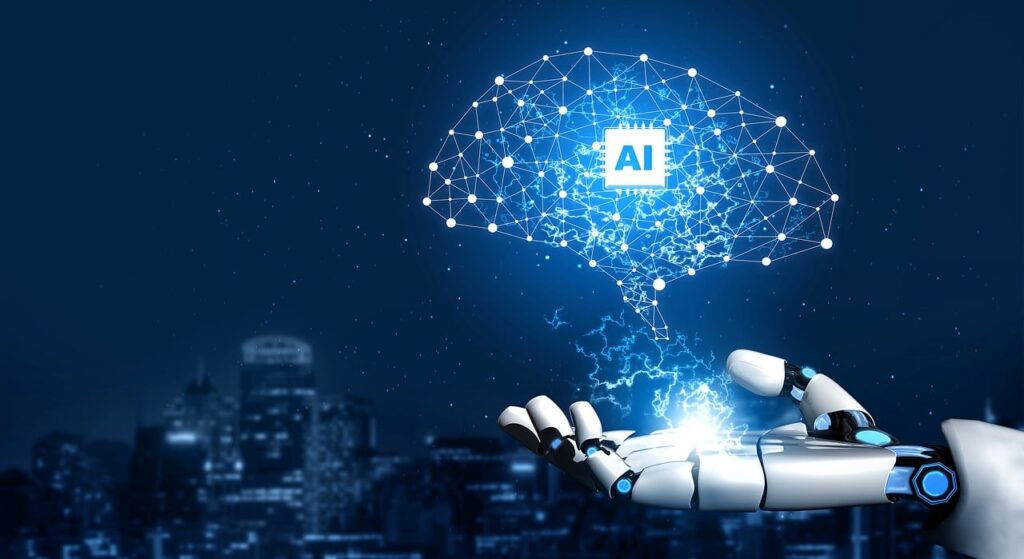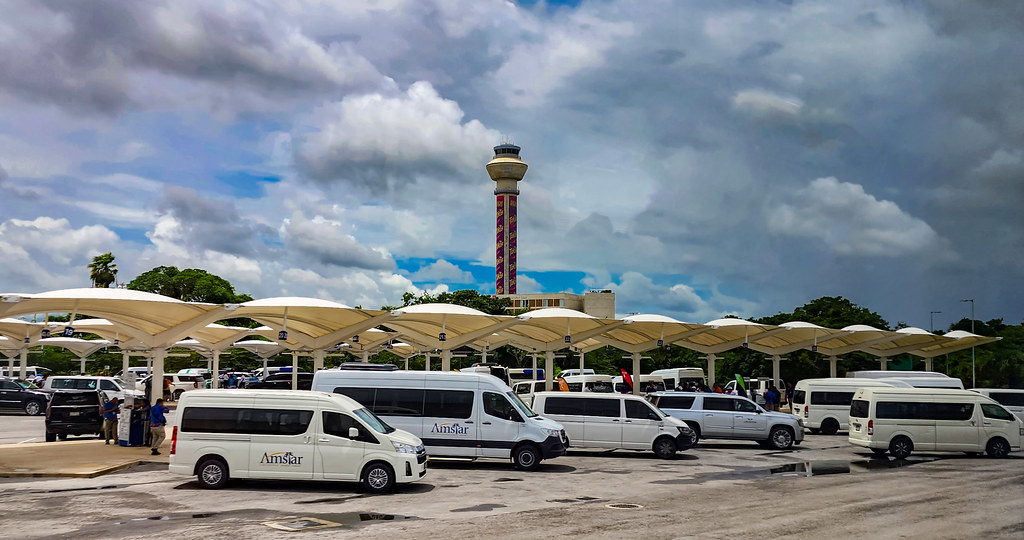In the realm of business and technology, a seismic shift is occurring that is sending shockwaves through the corner offices of the corporate world. A recent report from AND Digital has illuminated a startling trend: CEOs, the stalwarts of the business hierarchy, are now grappling with the prospect that artificial intelligence (AI) might not only transform their operations but also threaten their very roles. This revelation comes from a survey of 600 UK-based CEOs, nearly half of whom (43%) perceive their positions as vulnerable to the advancements of AI. Despite this fear, a striking 76% have initiated training bootcamps in AI, suggesting a complex relationship between executives and the technology they both dread and embrace.
The report paints a picture of a leadership caught in a paradox. While 44% of CEOs believe their employees are unprepared for AI adoption, a significant portion (45%) are already leveraging AI tools to complete their tasks, sometimes even passing off the AI-generated work as their own. This hypocrisy is not lost on observers, as the report criticizes the executives for their “egregiously disingenuous” stance. The narrative emerging from this data is one of a leadership class that is simultaneously intrigued and intimidated by the potential of AI to reshape the corporate landscape.
The “inevitable death march of progress,” as the report phrases it, is not a new phenomenon in the world of work. History is replete with examples of technological advancements disrupting established orders and job roles. However, AI represents a unique inflection point. Unlike previous technologies, AI’s capabilities extend into the cognitive domain, encroaching on tasks that were once considered the exclusive domain of human intellect. This encroachment is not limited to lower-level positions; it is climbing the corporate ladder, threatening to make certain executive functions redundant.
The report’s findings resonate with broader trends in the global job market. Investment bank Goldman Sachs has projected that AI could disrupt 300 million jobs in the United States and Europe. A survey by ResumeBuilder indicates that 37% of business leaders have already begun replacing staff with AI, with 44% expecting further job cuts in 2024 due to AI’s efficiency. These statistics underscore the pervasive anxiety surrounding AI’s impact on employment, an anxiety that is not confined to rank-and-file workers but extends to the highest echelons of corporate power.
The tension between the promise of AI and the fear of its implications is palpable. On one hand, AI offers the potential for unprecedented efficiency and innovation. On the other, it poses existential questions about the value of human leadership in an increasingly automated world. As CEOs navigate this uncertain terrain, they are faced with the challenge of redefining their roles and the nature of leadership itself. The question is no longer whether AI will alter the business landscape, but how leaders will adapt to ensure their relevance in the AI-driven future.
The AND Digital report serves as a clarion call for CEOs to confront the AI revolution head-on. It is a call to acknowledge the transformative power of AI, to embrace the opportunities it presents for innovation and growth, and to address the fears it stirs about job security and the essence of leadership. As the report suggests, the path forward for CEOs is not to resist the tide of AI but to learn to surf its waves, harnessing its potential to steer their organizations toward a prosperous and adaptive future.
Diving deeper into the impact of artificial intelligence (AI) on the workforce and management strategies, it’s clear that the rise of AI is not just a technological revolution but a cultural and economic one as well. The fear among CEOs, as highlighted by the AND Digital report, is a testament to the profound changes AI is expected to bring to the very fabric of corporate leadership and job roles across the spectrum.

The Impact of AI on Job Roles and Responsibilities
The advent of AI is redefining job roles and responsibilities, particularly in the white-collar sector. As AI systems become more sophisticated, they are increasingly capable of performing tasks that were once the exclusive purview of human intellect. This includes data analysis, bookkeeping, and even certain aspects of customer service, which are now being automated at an accelerating pace. The result is a growing concern among professionals that their jobs may become obsolete.
However, it’s not just the lower-level positions that are at risk. The report from AND Digital suggests that even CEOs are feeling the heat as AI begins to encroach upon decision-making processes and strategic planning. The fear is that as AI continues to evolve, it could potentially replace the need for human oversight in certain areas, leading to a reevaluation of what it means to be a leader in the AI era.
The Paradox of AI Adoption in the Workplace
The relationship between executives and AI is complex and somewhat paradoxical. On one hand, CEOs are initiating training bootcamps to better understand and leverage AI for their companies’ benefit. On the other hand, they are also aware that these same technologies could make their roles redundant. This paradox is further complicated by the fact that some executives are using AI tools to complete tasks while prohibiting their employees from doing the same, as noted in the report’s critique of their ‘egregiously disingenuous’ stance.
The situation is indicative of a broader trend in working culture, where change is often resisted unless it clearly benefits those at the top of the corporate hierarchy. This ‘rules for thee but not for me’ approach is not new, but AI’s potential to level the playing field is bringing these issues into sharper focus.
The Role of AI in Management Strategies
As AI continues to make inroads into the corporate world, management strategies are evolving to accommodate this new reality. Leaders are now tasked with finding ways to integrate AI into their operations without rendering their human workforce redundant. This involves a delicate balancing act of leveraging AI for efficiency while also ensuring that employees’ roles evolve alongside the technology.
One strategy that some companies are adopting is to use AI as a tool to augment human capabilities rather than replace them. For example, AI can handle routine data analysis, freeing up human workers to focus on more complex and creative tasks. This approach not only helps to allay fears of job displacement but also allows companies to benefit from the unique strengths of both human and artificial intelligence.
The Future of Leadership in an AI-Driven World
The question of how leadership will adapt in an AI-driven world is a pressing one. As AI technologies become more integrated into business operations, the nature of leadership is bound to change. Leaders will need to develop new skills and strategies to manage a workforce that includes both human and AI contributors. This may involve a greater focus on soft skills such as emotional intelligence, creativity, and strategic thinking—areas where human leaders can still outperform AI.
Moreover, leaders will need to be proactive in addressing the ethical and legal implications of AI in the workplace. This includes ensuring that AI is used in a way that is transparent, fair, and respects the rights of employees. As AI continues to raise new questions about privacy, security, and accountability, leaders will play a crucial role in navigating these challenges.
The impact of AI on the workforce and management strategies is a multifaceted issue that requires careful consideration and strategic planning. While AI presents significant opportunities for innovation and efficiency, it also poses challenges to job security and the traditional roles of leadership. As the AND Digital report and other industry analyses suggest, the key for CEOs and other leaders is not to resist the tide of AI but to learn how to harness its potential in a way that benefits both their organizations and their employees.
The AI revolution offers a chance for a renaissance in leadership and corporate strategy. Those who are willing to embrace change, invest in their own and their employees’ development, and navigate the ethical landscape of AI will be the ones who thrive in the new era of business. As we move forward, it is clear that the future of work will be shaped by those who are able to adapt, innovate, and lead in an increasingly AI-driven world.
Related posts:
Bosses are becoming increasingly scared of AI because it might actually adversely affect their jobs too
What White-Collar Jobs Are Safe From AI—And Which Professions Are Most At Risk?





